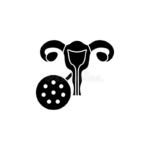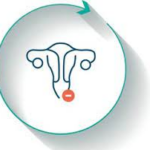
Safe Motherhood
Safe motherhood for all women is enshrined as a basic human right by the United Nations, yet many societies have yet to recognize and address this, and they fail to provide the necessary resources to provide adequate reproductive health, maternity, and newborn care or to enact and enforce laws to support equality for women in all aspects of their life, which includes abolition of child marriage and other harmful traditional practices.

High risk Pregnancy
Smoking cigarettes, drinking alcohol and using illegal drugs can put a pregnancy at risk. Maternal health problems. High blood pressure, obesity, diabetes, epilepsy, thyroid disease, heart or blood disorders, poorly controlled asthma, and infections can increase pregnancy risks.

Gynecological Problems
Although irregular cycles or painful monthly cramps can be common issues affecting women, they are by no means something that women must adjust to as their norm. Many intervention methods, both surgical and medical, exist to relieve and in many cases cure symptoms of conditions ranging from menstrual disorders to urinary incontinence. Speak with your clinician if you are experiencing especially painful cramps, severe abdominal pain, or heavy and/or prolonged bleeding between periods or during intercourse, as they could be signs of a more serious women’s health issue.

Hysterectomy abdominal
An abdominal hysterectomy is a surgical procedure that removes your uterus through an incision in your lower abdomen. Your uterus — or womb — is where a baby grows if you’re pregnant. A partial hysterectomy removes just the uterus, leaving the cervix intact. A total hysterectomy removes the uterus and the cervix

Unexplained Infertility
In these cases, the infertility is referred to as unexplained. Couples with unexplained infertility may have problems with egg quality, tubal function, or sperm function that are difficult to diagnose and/or treat. Fertility drugs and IUI have been used in couples with unexplained infertility with some success.

